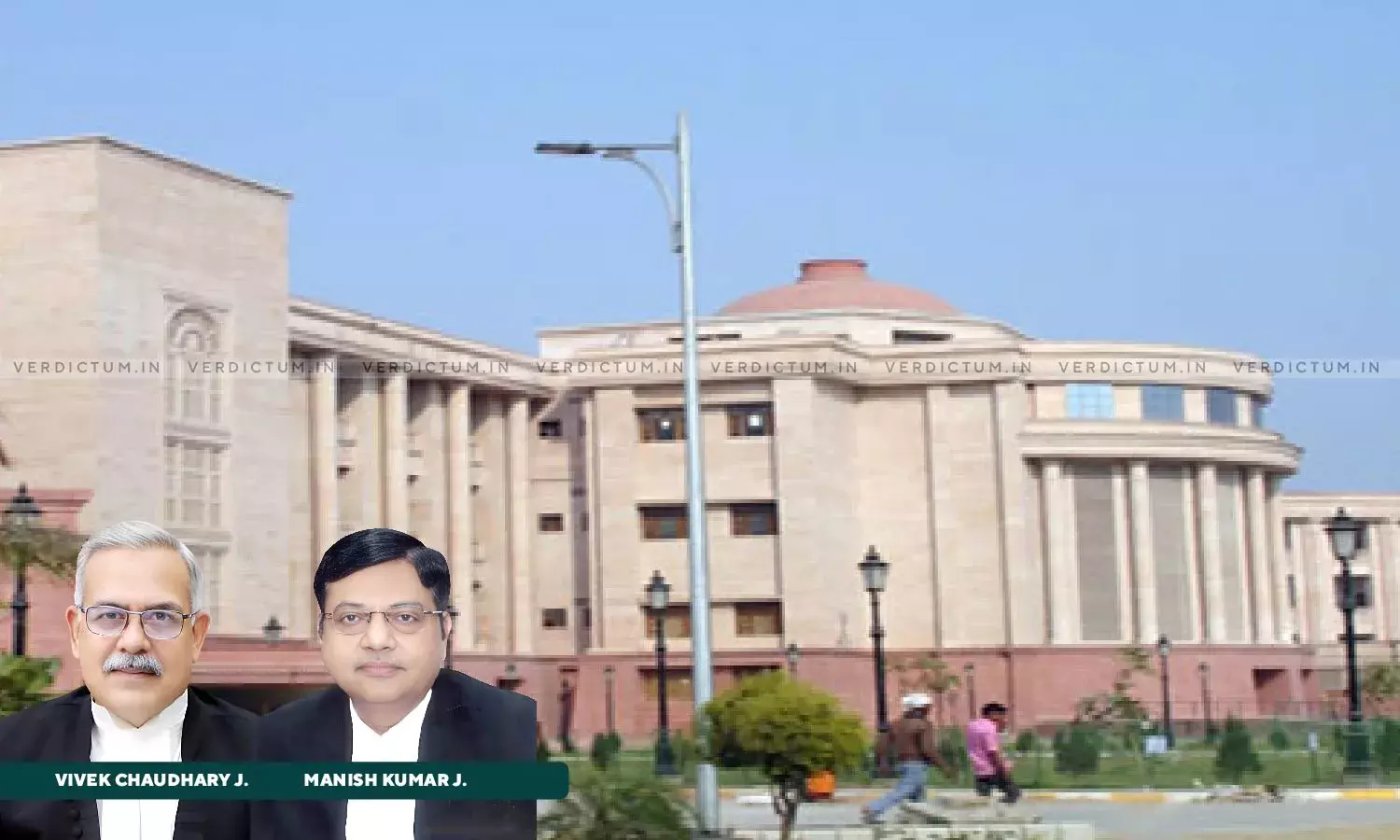Exercised Dominant Position & Utilized Public Property For Political Purposes: Allahabad HC Directs Congress Party To Pay ₹2.66 Cr To UPSRTC

The Allahabad High Court, Lucknow Bench has directed the Congress Party to pay Rs. 2.66 crores to U.P.S.R.T.C. (Uttar Pradesh State Road Transport Corporation) for using its vehicles in 1980s. It said that the party has exercised dominant position and utilized public property for its political purposes.
The Petitioner, a national political party approached the Court challenging the recovery notice issued by Tehsildar, Sadar, Lucknow. The proceedings were initiated at the instance of Managing Director, U.P.S.R.T.C. who claimed that an amount of Rs. 2,68,29,879.78/- was due on the petitioner which U.P.S.R.T.C. was entitled to recover and the amount due was claimed to be of bills raised against petitioner for use of buses and taxies from U.P.S.R.T.C. by petitioner for its purposes when its Government was in power in the UP State.
A Division Bench comprising Justice Vivek Chaudhary and Justice Manish Kumar held, “In the present case, the political party in power had exercised its dominant position and utilized public property for its political purposes. The bills were raised to the petitioner political party but it ignored to pay the same and, while the earlier dues were pending, again being in power it availed facilities from the respondent U.P.S.R.T.C. without paying its dues. Merely by stating that after change of government due to political vendetta the amount is wrongly being recovered or taking a technical ground that amount cannot be recovered as arrears of land revenue, it can not be granted liberty to escape its liability to pay its bills.”
Advocate I.H. Farooqui appeared on behalf of the petitioner while Standing Counsel and Advocate D.K. Srivastava appeared on behalf of the respondents.
When the petition was filed, the sole ground taken in the writ petition was that the amount cannot be recovered under Section 3 of the U.P. Public Moneys (Recovery of Dues) Act, 1972, (hereinafter referred to as 'Act of 1972') as there was no agreement relating to any loan to be recovered as land revenue or advance or grant or relating to credit in respect of, or relating to higher purchase of goods sold to the petitioner by U.P.S.R.T.C. which would empower the respondents to recover the said sum under Section 3(1) of Act of 1972.
Though, in paragraph-1 of the writ petition it was claimed that the amount was neither due to be paid by petitioner to the respondents nor was the same recoverable as arrears of land revenue, however, there were no details in the writ petition as to why the said amount was not due to be paid by the petitioner to the respondent corporation. Only submission made in the writ petition was that the amount was being recovered as political vendetta and with a view to bring petitioner under political pressure.
The High Court after hearing the contentions of the counsel said, “The matter is pending since the year 1998 and after 25 years also it could not be settled between the parties. Hence, this Court has taken up the matter to be decided on merits. … High Court should exercise its discretionary jurisdiction in such a manner which would advance end of justice and uproot injustice. It should exercise power conferred under Article 226 and 227 of the Constitution of India in a manner that provides complete and substantial justice to parties.”
The Court observed that while exercising power under Article 226 and 227 of Constitution of India, the court must give and refuse relief in furtherance of public interest and that granting or withholding of relief must be dependent upon considerations of justice, equity and good conscience.
The Court referred to the case of Shangrila Food Products Ltd. v. LIC, (1996) 5 SCC 54 wherein it was held, "One of the ends of the equity is to promote honesty and fair play. If there be any unfair advantage gained by a party, priorly, before invoking the jurisdiction of the High Court, the Court can take into account the unfair advantage gained and can require the party to shed the unfair gain before granting relief.”
The Court added that the question of recovery of public money is involved in this case, which is used for political purposes by the petitioner, and, therefore, the petitioner is bound to pay the amount. It said that the amount is pending for last around 25-30 years and is not cleared by the petitioner as yet.
“Petitioner showed its intention when it had filed the present writ petition and obtained interim order but for last 25 years it has not acted in furtherance of the assurance given on the first date of hearing. Even though, the amount is not recoverable under the provisions of Act of 1972 but for the reasons discussed above, this Court does not find it a fit case for exercising its discretionary jurisdiction in favour of petitioner”, concluded the Court.
Accordingly, the High Court disposed of the writ petition and directed the petitioner to pay Rs. 2.66 crores to the respondents with an interest of 5% within a period of three months.
Cause Title- U.P. Congress Committee v. State of U.P. and Others (Neutral Citation: 2023:AHC-LKO:64342-DB)


